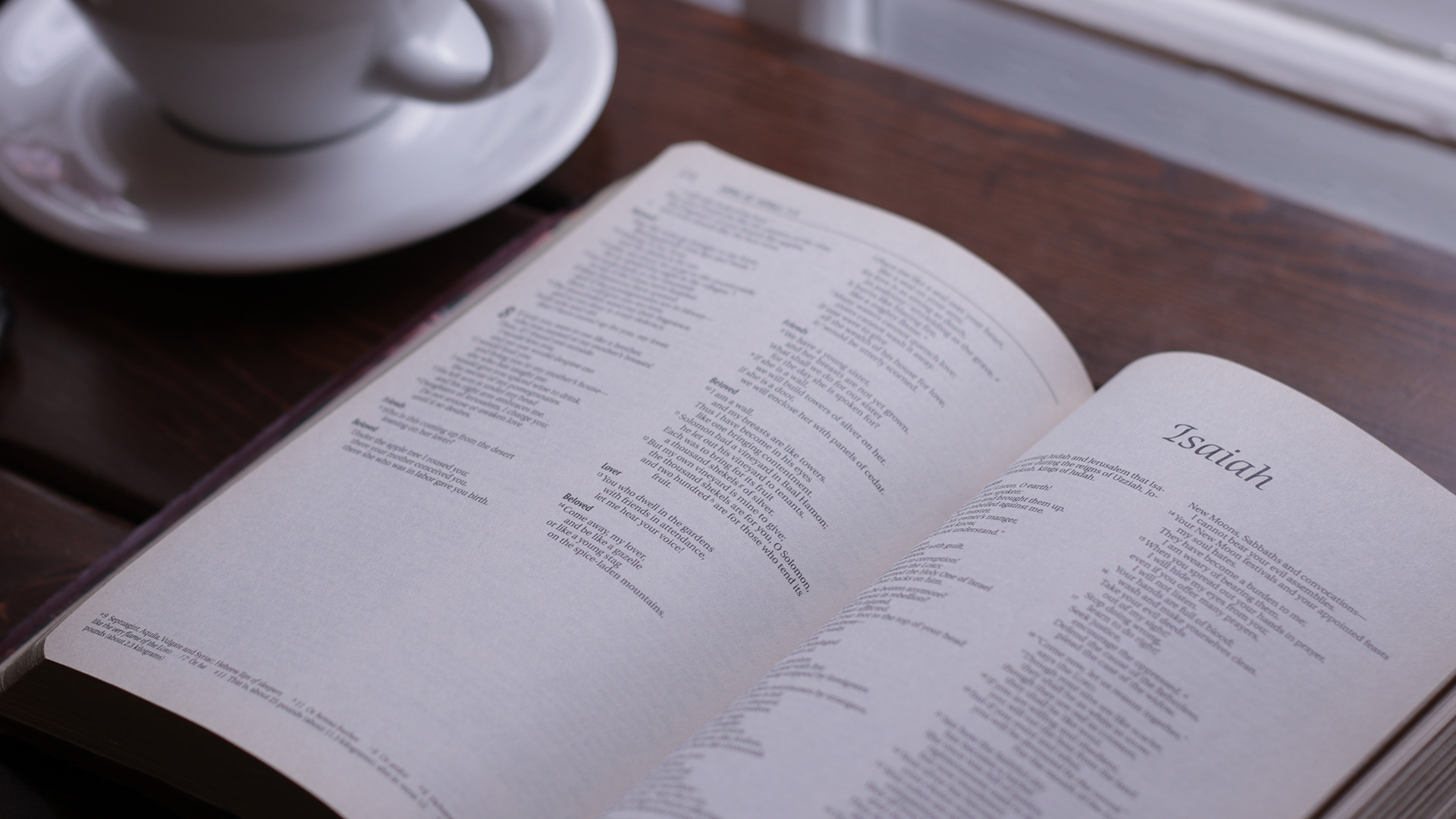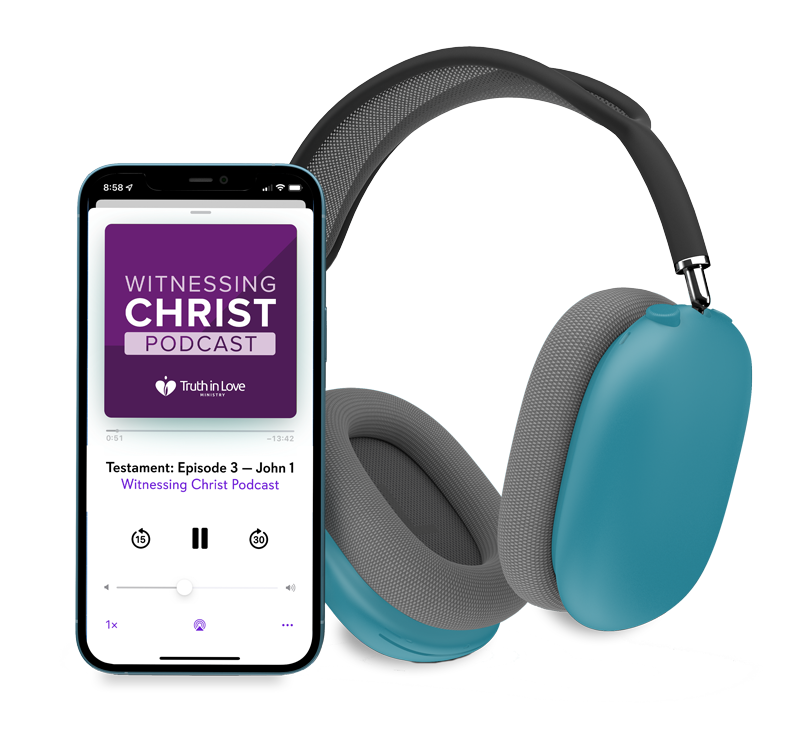Episode Summary
Introduction
The following “Witnessing Christ from the Old Testament” study covers the books of Nahum, Habakkuk, and Zephaniah. Listen as Mark and Molly Parsons examine what God’s Word means to us as Christians, what God’s Word means to our LDS friends, and how we can share the true gospel.
You can find the LDS outline of the study and resources here.
LDS Study Focus
LDS study material will focus on the theme “His Ways Are Everlasting.”
Reading the Old Testament often means reading prophecies about destruction. The Lord frequently called prophets to warn the wicked that His judgments were upon them. The ministries of Nahum, Habakkuk, and Zephaniah are good examples. In dreadful detail, these prophets foretold the downfall of cities that, at the time, seemed strong and powerful—Nineveh, Babylon, and even Jerusalem. But that was thousands of years ago. Why is it valuable to read these prophecies today?
LDS Study Resources
Even though those prideful, wicked cities were destroyed, pride and wickedness persist. In today’s world, we can sometimes feel surrounded by the evils that were condemned by the ancient prophets. We may even detect traces of them in our own hearts. These Old Testament prophecies reveal how the Lord feels about pride and wickedness, and they teach that we can turn away from these evils. Perhaps that’s one reason we still read these ancient prophecies today. Nahum, Habakkuk, Zephaniah, and the others weren’t just prophets of doom—they were prophets of deliverance. The descriptions of destruction are tempered by invitations to come unto Christ and receive His mercy: “Seek ye the Lord …; seek righteousness, seek meekness” (Zephaniah 2:3). This was the Lord’s way anciently, and it is His way today. “His ways are everlasting” (Habakkuk 3:6).
Nahum
Take refuge in the stronghold of what Jesus did for you on the cross. Those who trust in the perfect work of Jesus alone will be saved.
Conversation Starters:
- What does it mean for God to carry out justice? What does it mean that God is good? How do you reconcile those two?
- Where is your refuge? Where are you finding your hope and comfort for that great day of judgment? Is it in your activity of coming unto Christ or is it in Christ?
Habakkuk
The Sovereign Lord is our strength.
Conversation Starters:
- Is it OK to express our doubts and our concerns to God or to fellow Christians?
- What does it mean to be righteous?
- What does it mean to live by faith?
- What allows you to stand before God?
- Have you ever really thought about the fact our powerful God is the one that’s going to deal with and defeat all of our enemies? How does it make you feel that we are the benefactors of that?
Zephaniah
The Lord is our deliverance. Stand in awe of our Lord who stands over us and covers us with his righteousness.
Conversation Starters:
- What does it mean to be righteous?
- What does it mean that God has covered us with his righteousness—his blood?
Sharing Personally:
The book of Zephaniah ends with a song of hopefulness. Share a song of praise with your LDS friends that brings you hope, comfort, and joy in the completed work of Christ. Like the people in the book of Habakkuk, we can rejoice because the Lord is our deliverance.
(Mark’s example: Yet Not I But Through Christ In Me)
Links & Resources
- Westendorf, James. The People’s Bible: Nahum, Habakkuk, Zephaniah. Northwestern Publishing House, 2000.
- Key Biblical Concepts Webinar: Righteousness
- Shareable articles to help you talk about righteousness with your LDS friends:


